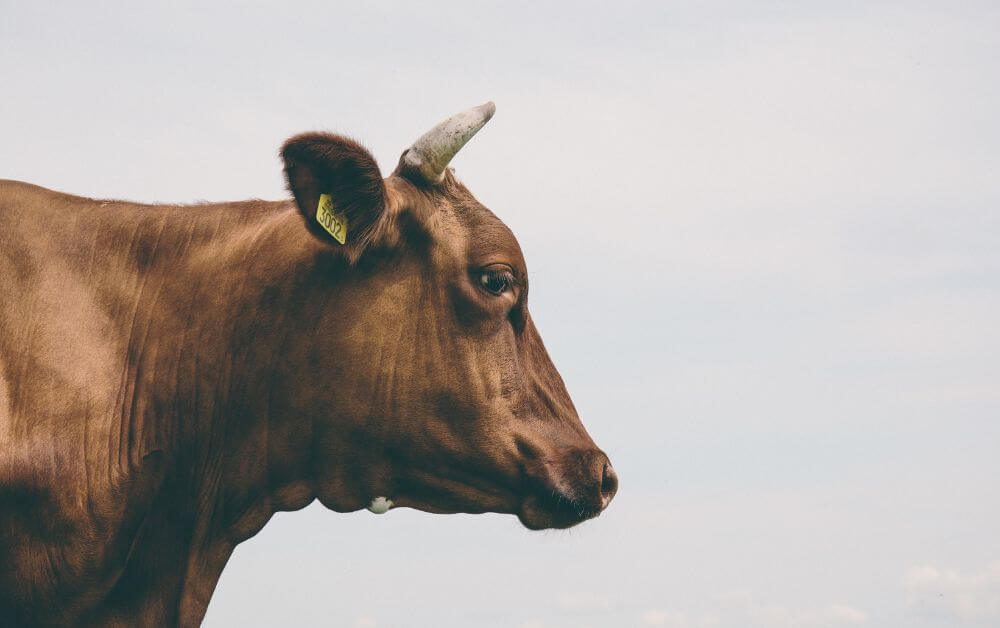TRANSCRIPT
Now, I don’t mean that we’re all going to become vegetarians, although why not if that works for you? What I mean is that one of the major reasons to become a vegetarian is a concern for animal welfare. Another major reason is our concern for climate change, and getting meat from animals, especially beef from cows, is massively costly to the planet in terms of water usage. The amount of water you have to put in a cow to get a burger out the other side is insane.
Tens of thousands of litres of water for a single burger. It’s also massively costly in terms of methane and also the land usage for cows, sheep, all sorts of animals, and lots of deforestation. So lots of reasons for us to not raise animals. So what happens in the future when we have the potential to grow meat, proper meat? I’m not talking about beyond meat, I’m not talking about soya meat, I’m not talking about artificial meat.
What I’m talking about is our ability to take stem cells, so actual cells of cows, turn them into the flesh of animals. That’s the bit that we eat, grow those in a lab rather than having to grow them on an actual animal, and then out of the lab comes meat. As I say, it’s not artificial meat, it’s real meat, but it’s just not grown on a live animal. We talked a week or two ago about artificial diamonds, which are not fake diamonds, they’re real diamonds just made in a lab.
And we wondered whether people would still give the same value to diamonds that we make in a lab, even though they are identical to the diamonds that we pull out of the ground and sell for a lot of money. The same value shift and the same cultural shift will probably need to take place with meat. But I think that it will be easier with meat because as long as you’re eating it and you’re thinking. I love this meat. This meat is great.
As long as it is in fact healthy and is not filled with all sorts of unhealthy chemicals and materials. As long as it does what meat does for our bodies in terms of our enjoyment and the protein and the nutrients that we get in our body. I think this might be something that we can change quite quickly. So this week we jump into the future, not that far distant future, where we have the ability to grow meat, not on real animals, but in a lab, which is much better for the economy, much better for the climate, much better for the planet and possibly much better for our health. As well throw forward.
Thursday every week we find out something new about our world and we realise that the future is closer than we thought.
See you next week.
Bye.
For the past two decades, Graeme has worked with some of the world’s most recognized brands, travelling to over 80 countries in total, and speaking to around 100,000 people every year. He is the author of 5 best-selling books, and on faculty at 5 top global business schools.


